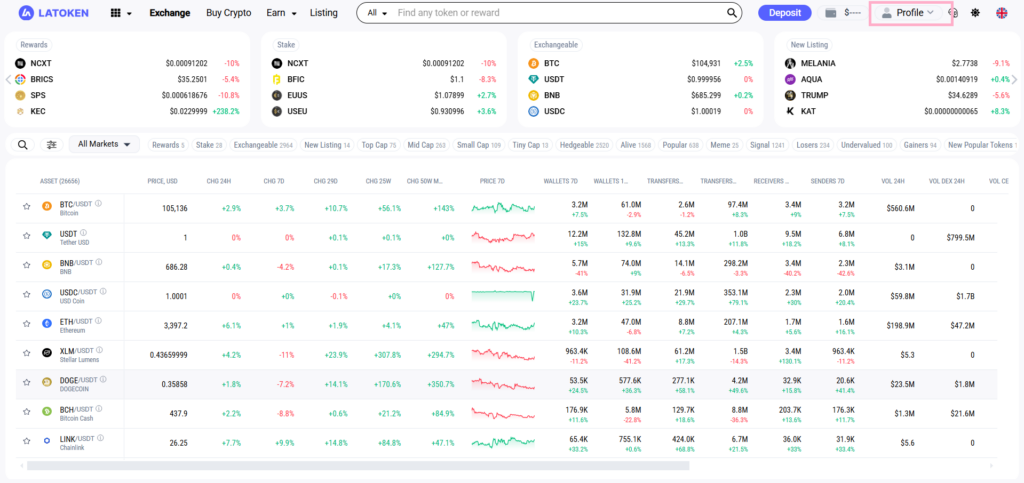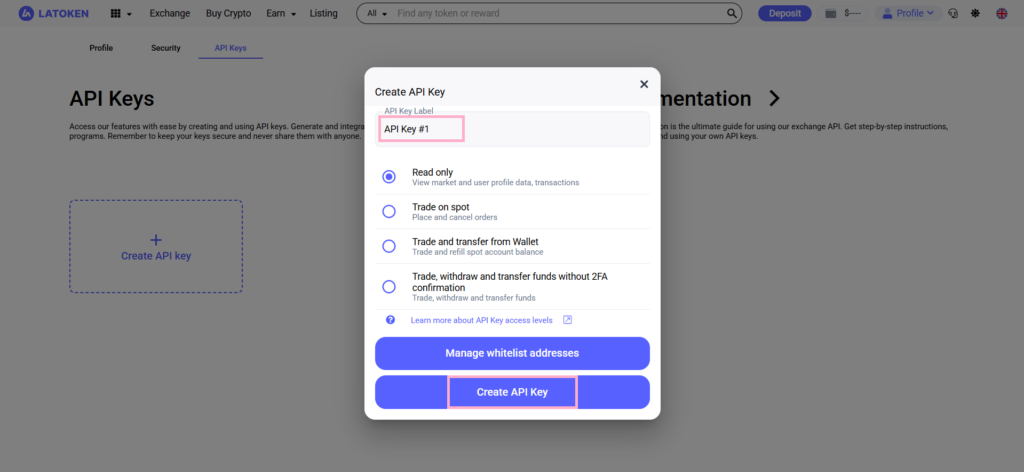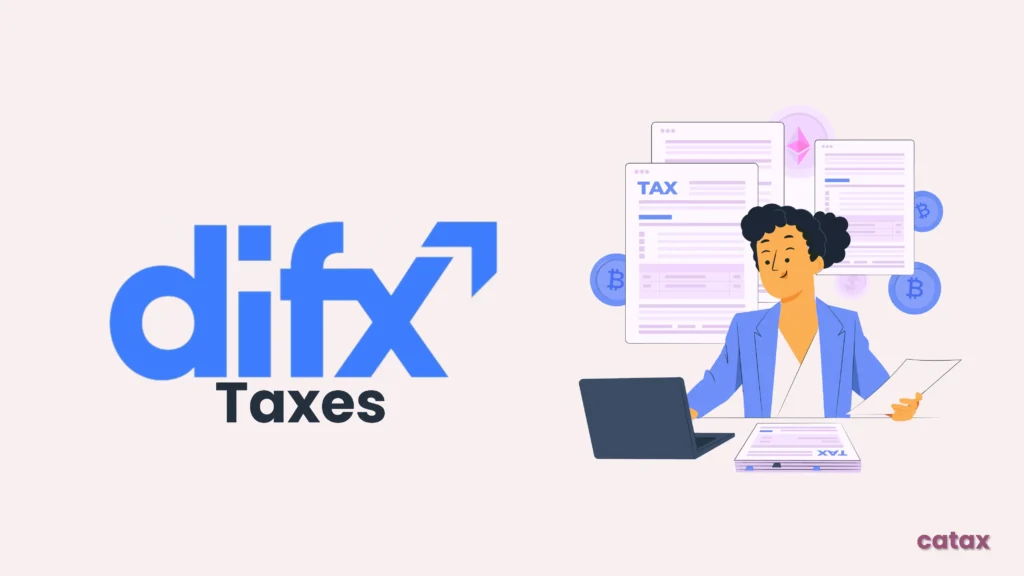In this guide, we’ll walk you through the step-by-step process of managing your LATOKEN taxes and staying compliant. Whether you’re a trader or an investor, accurately reporting your transactions is essential to avoid potential tax issues.

Do I have to pay taxes when using LATOKEN?
Yes, crypto transactions on LATOKEN are generally considered taxable under capital gains tax or income tax in many countries. Tax rates depend on local regulations, and some regions may offer exemptions based on profit thresholds or the duration of asset holdings. For accurate tax calculations, it’s recommended to seek professional guidance.
If you find LATOKEN tax reporting challenging, try using Catax, an efficient cryptocurrency tax calculator. Follow these simple steps:
- Create a Catax account: Sign up, select India as your country, and set INR as your currency.
- Connect with LATOKEN: Link your LATOKEN account to Catax to automatically import your transaction details.
- Sort your transactions: Catax categorizes your LATOKEN activities into gains, losses, and income.
- Download your tax report: Get a detailed tax report from Catax for a clear overview of your crypto finances.
- File your taxes easily: Use the report to file your taxes online or share it with your tax advisor for assistance.
How are LATOKEN transactions taxed?
Understanding how your LATOKEN transactions are taxed helps you stay compliant and avoid unexpected tax bills. Here’s a simple breakdown:
- Capital Gains Tax:
- Selling or Trading Crypto: Selling or trading crypto for a profit is usually considered a capital gain.
- Tax Rates: The rate depends on how long you’ve held the asset and your country’s tax laws.
- Income Tax:
- Earning Crypto: Crypto earned through mining, staking, or payments is generally considered income.
- Tax Rates: This income is taxed at your regular income tax rate.
Tax rates and regulations vary by country, so it’s essential to understand your local tax laws. Consulting a tax professional can help you report your LATOKEN transactions accurately and stay compliant.
Connecting Your LATOKEN Account with Catax via API
In LATOKEN:
- Go to the LATOKEN website and log in to your account.

- Click on your Profile icon in the top-right corner.

- From the dropdown menu, select API Keys.

- On the API Keys page, Click on Create API Key to generate your key.

- Fill in the API Key Label and select the appropriate permissions. Click on Create API Key to finalize the process.

On Catax:
- First, log in to your Catax account.
- Go to the wallets section and upload your LATOKEN wallet.
- Enable auto-sync, then enter your LATOKEN API key and secret to import your data.


FAQs (Frequently Asked Questions)
To download your trade history, log in to your LATOKEN account, go to the Wallet section, click on Trade History, and select the desired date range. Then, click the Download CSV button to save your transaction data.
No, LATOKEN does not provide direct tax reports. However, you can export your trade history and use third-party tools like Catax to generate detailed tax reports.
Yes, crypto-to-crypto trades are generally taxable in most countries. Taxes are calculated based on the capital gains or losses incurred from the trade.
LATOKEN API keys allow third-party platforms like Catax to connect to your account for transaction syncing. If kept secure and used with read-only permissions, they are generally safe for tax calculation purposes.
No, LATOKEN does not provide tax reports directly. However, you can export your transaction history and use third-party tools like Catax for generating detailed tax reports.